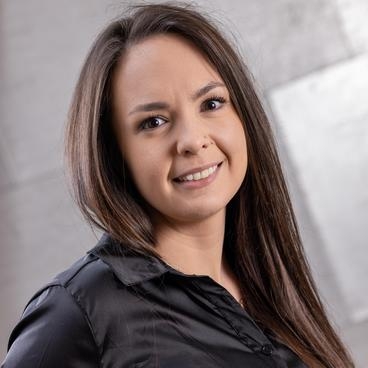As of 2021, about 0.27% of the US population reached 100 years old. Louise Pitcher, an ARCS Minnesota Scholar and Danaher grant recipient, is working to raise that percentage. She studies at the Institute on the Biology of Aging and Metabolism at the University of Minnesota. Pitcher’s research focuses on cellular rejuvenation with hopes of reviving dying cells.
Her specific focus is on cellular senescence. “It’s a cell state that arises as a result of persistent activation of stress signaling mechanisms, which is known to drive aging,” she explains. The accumulation of these aging cells drives the development of age-associated chronic diseases, multimorbidity, and, worst of all, wrinkles.
While she’s not trying to cure the cause of wrinkles (though she knows the secrets to keep skin young), Pitcher’s research and David Burn Loris’s lab are targeting the dying cells in hopes of treating Alzheimer’s disease and osteoarthritis.
Cells age due to constant stress exposure. The stress causes an accumulation of molecular damage, specifically DNA damage, which prevents the body from maintaining homeostasis. “It leads to a manifestation of more cellular aging phenotypes, which include, but are certainly not limited to, abnormal epigenetic landscape, mitochondrial dysfunction, or impaired energy homeostasis,” Pitcher says.
However, with Pitcher’s research, she hopes to understand the cellular senescence process as we age and help drug development efforts to treat these chronic diseases. “The goal would be to identify a therapeutic approach that targets multiple aging phenotypes simultaneously to either extend health spans so we can live to 100 or identify a drug that targets multiple aging phenotypes at once and can simultaneously alleviate multiple chronic diseases.”
When asked what she would share with people on how to avoid cellular aging, she said it all comes down to living a healthy lifestyle and lathering on sunscreen. She recommends increasing water intake and exercise. “What seems to be the most important are the things you eat and movement, which improves the homeostasis in your cell’s functionality.”
As a Danaher grant recipient, Pitcher used her funds to develop her data analysis skills. Her research requires multi-omni approaches and relies on bioinformatic analysis, a skill she didn’t have before graduate school.
"The ARCS Scholar Award allowed me to get extra classes that went beyond the baseline classes my university offered and gave me the necessary foundation to do this,” she shares. “It’s very sought after by employers, but it has also caused people in my lab and other labs at IBM to do collaborative projects with me.”

